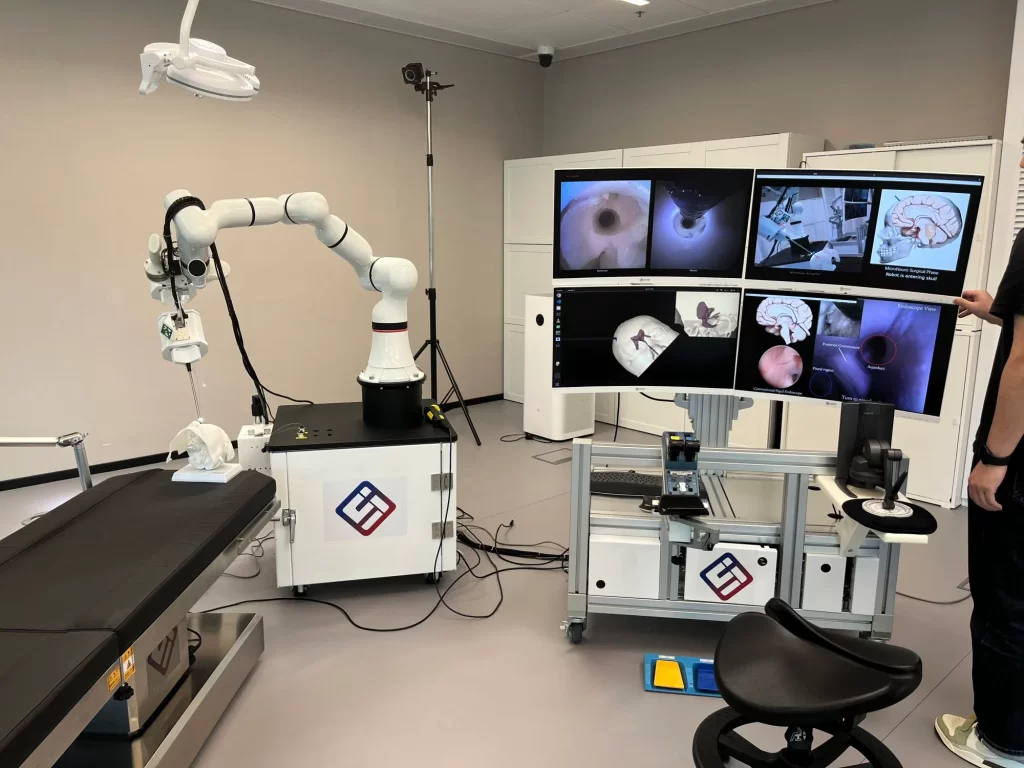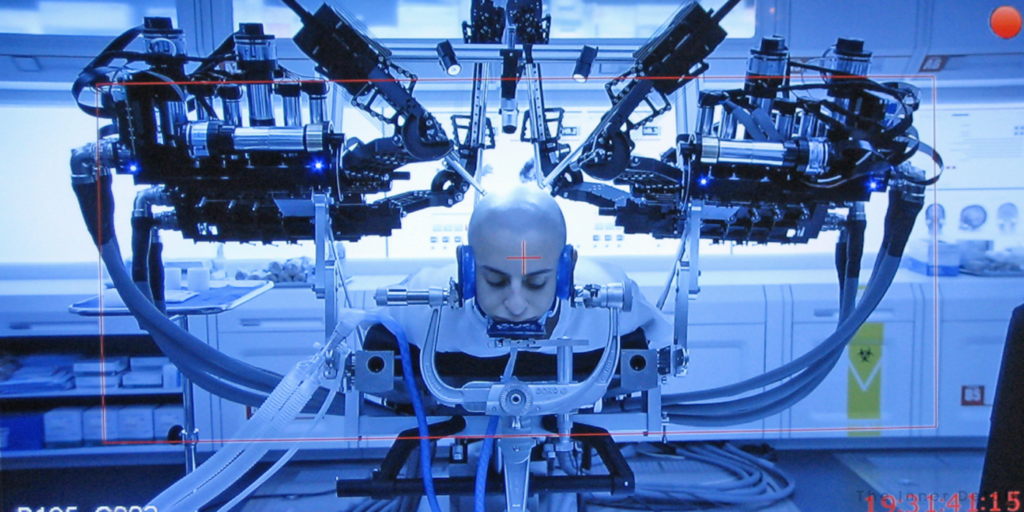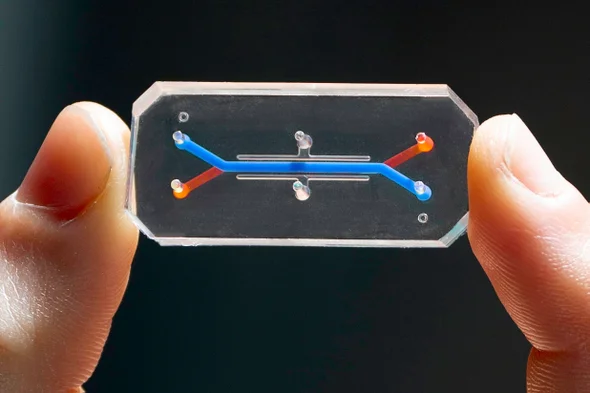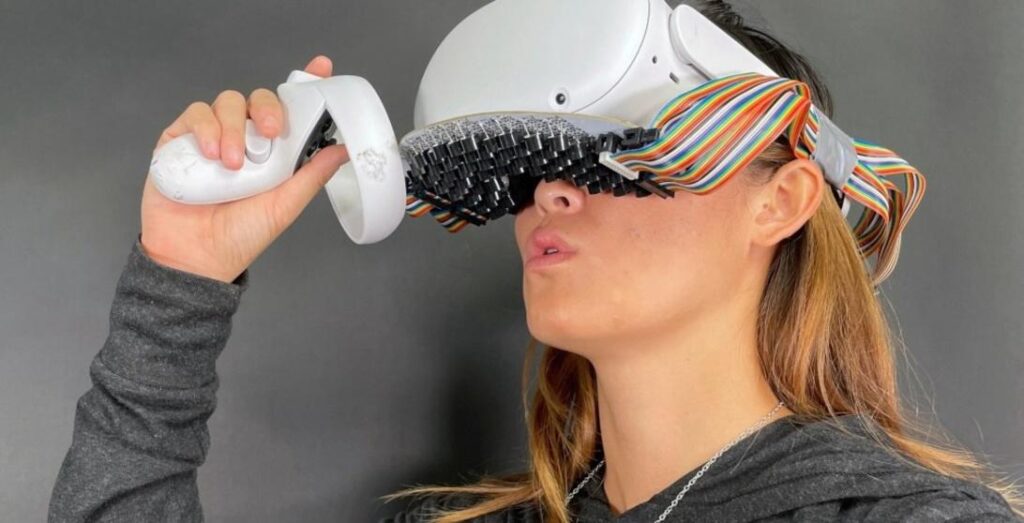China’s Centre of Artificial Intelligence and Robotics (CAIR) plans to launch an AI-powered robotic system for complex minimally invasive brain surgeries.
Technology has leveraged the medical field substantially. Whether it might be AI or robots, both pose equal potentialities in medical domain, starting from AI chatbot by Google for health-related queries to surgical robots for endometriosis. Now another surgical robot gets rolled out by China, which can perform intricate brain surgeries, much efficient than human surgeons.
CAIR from Chinese Academy of Sciences (CAS) creates this AI-powered robot called “MicroNeuro” robot that performed three successful brain surgery trials on cadavers.
AI-Robot for Brain Surgery

As brain surgeries require meticulous precision, medical experts are now relying on the technology for making it effective and successful. Normally, human surgeons performing brain surgery may lead to damage in healthy tissues.
“Brain surgery is a type of surgery that needs technology the most because it’s a very dangerous procedure,” said Liu Hongbin, the center’s executive director.
This pushes CAIR to develop a robotic system called “MicroNeuro” for brain surgery and integrating artificial intelligence into it for minimally invasive neurosurgery.
MicroNeuro robotic system involves a tiny flexible instrument for the surgery and a navigation system powered by AI and augmented reality, which reduces brain tissue damage by at least 50%. Via the flexible endoscope allowing for non-linear surgical trajectory, the robot reaches the targeted location of the surgery through the natural brain cavities in the least invasive manner.
Trials conducted with the Prince of Wales Hospital in Hong Kong shows that the robotic system can carry out a minimally invasive brain surgery called endoscopic third ventriculostomy and pineal biopsy, used to treat tumors in the center of the brain, reported SCMP.
What next?
The team is now fine-tuning the robotic system to abide the rules and regulations, aiming for AI-enabled, less invasive surgical flexible robot for neurosurgery. CAIR is also hoping to start clinical trials next year, after receiving approval from the city’s Hospital Authority, Liu said. They had already performed three successful neurosurgery trials on cadavers.
Very few robot surgeons currently exist, and if MicroNeuro comes into practice, it will be the first robotic surgeon for brain surgery.
CAIR is funded by Chinese Academy of Sciences, Beijing and Hong Kong’s InnoHK initiative, which was established as part of the central government’s plan to develop the southern semi-autonomous city into an innovation and technology hub, according to Liu.
(For more such interesting informational, technology and innovation stuffs, keep reading The Inner Detail).
Kindly add ‘The Inner Detail’ to your Google News Feed by following us!















